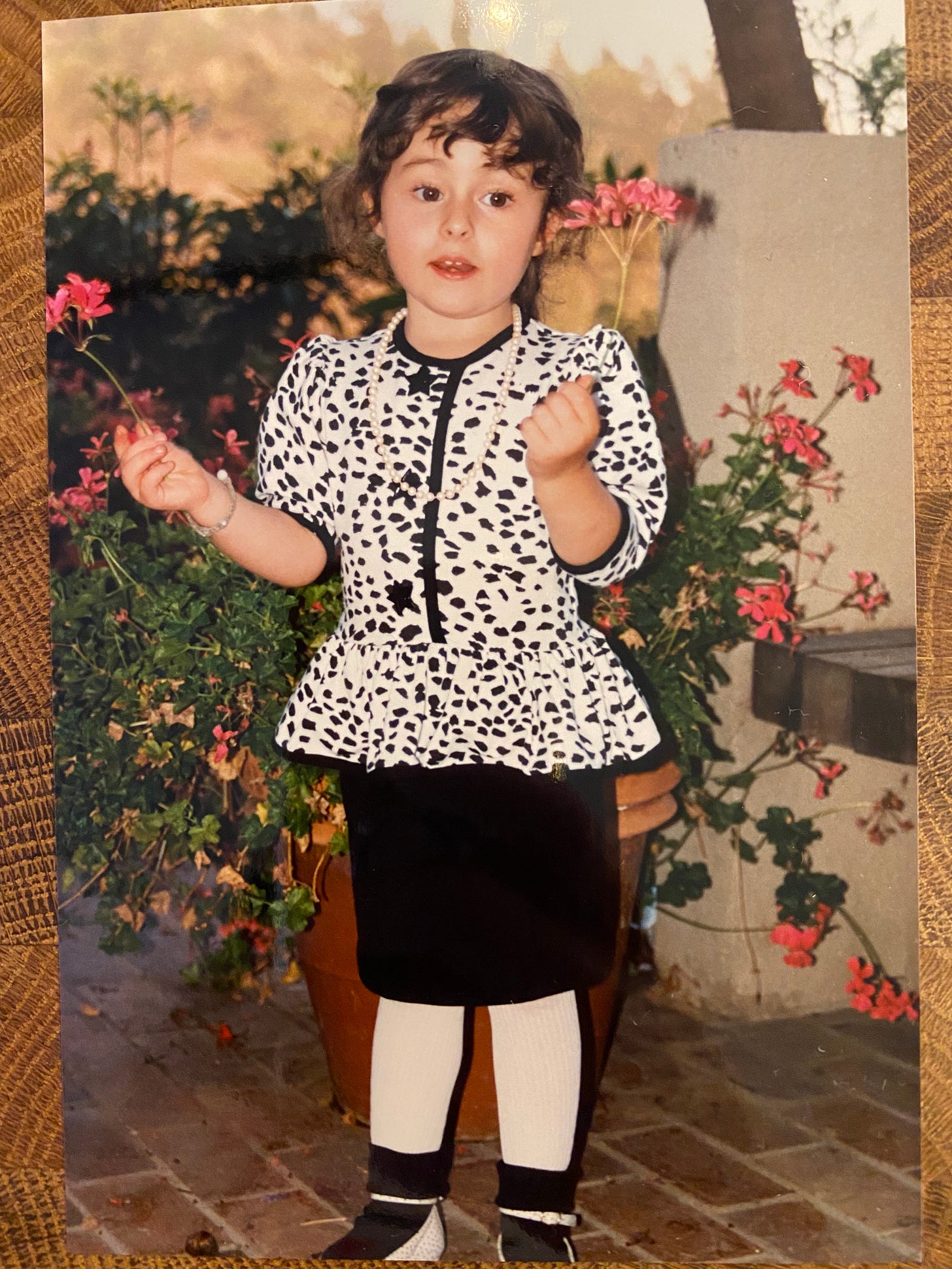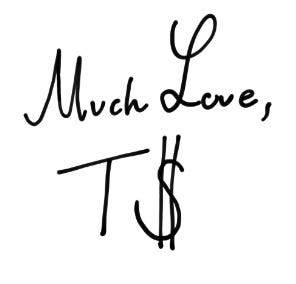Deserving, Part II: Blame vs. Responsibility
What do we do after realizing we never deserved the pain?
Hello my friends!
On Deserving and Taking Responsibility
Thank you to everyone who engaged with me on the deserving paradigm! Special shout-out to
, , , and others - we really had a nuanced discussion about the word "deserving." I HIGHLY recommend you check out the comments - I can almost guarantee you’ll feel less aloneOur conversation made me think about something I forgot to mention…
First, acknowledge you really don’t DESERVE misfortune
In the beginning of my healing journey from a neglected, psychologically abusive childhood, it really helped me to recognize that I did not deserve what happened to me. That might seem obvious to me but it was NOT to me.
For so many years, I thought there was something inherently wrong with me - that I was the cause of all the dysfunction in my household. It just made more sense. Why would these adults be treating me like I was worth nothing if I didn't actually suck?
This pattern continued into adulthood. Bad things would happen and I'd think I deserved them.
The clearest example: when I was burglarized (which I write about in GLOW), I spent so much time thinking about how IF I'd been a more responsible person who was better about her stuff, I never would have been burglarized in the first place. A random, totally terrible thing that other people did was MY fault.
Obviously, that's not in sync with reality. A child doesn't deserve an unstable household, and no one deserves to be burglarized.
After a LOT of therapy and training myself to recognize that I did not deserve these things helped me see reality more clearly and felt SOOTHING. It just felt good to realize - this isn’t my fault!!!!
The flip of bad circumstance not being my fault, however, was that even though I wasn't to blame for the circumstances, they were now my responsibility - fair or not.
Would I have wished for a bad childhood or to be broke? Fuck, no. But those things did happen, and now I had to deal with the consequences or they'd be dealing with me forever.
So when we talk about getting rid of the paradigm of "deserves" or "doesn't deserve," I do want to say it was very helpful for me in the beginning just to realize that bad things happen to people who really don't deserve them.
"I'm Not to Blame, But It Is My Responsibility"
A really useful phrase I use over and over again is: "I'm not to blame, but it is my responsibility."
Realizing that "I am not to blame" hits a lot harder with me than the word "deserve" does, I can always come back to this phrase to remind myself that I didn't do anything wrong by being born. When a friend mistreats me, I'm not necessarily at fault, but it is always, unfortunately, my responsibility to deal with what happens to me.
Journal Prompts: Not to Blame, Still My Responsibility
“Deserve” is such a loaded term that I thought we continue our exploration together this weekend.
Blame Game
Write about a time you blamed yourself for something that wasn’t yours to own (like you did with the burglary). What story were you telling yourself then, and what’s a truer story you could tell now?
Anger Check
At the start it made me ANGRY AF when I thought about how my life - even the things I didn’t deserve or do WERE in fact my responsibility. How does this mindset feel to you now? Describe! It’s a good mindfulness exercise just to see how something lands with you.
The Fair/Unfair Inventory
List three unfair things that happened in your life. Then, under each one, jot down: What responsibility (if any) do I have now? What do I get to let go of?
Responsibility Reframe
Complete this sentence in as many ways as you can:
“I’m not to blame for ____, but I am responsible for ____.”
Compassion Check
Imagine you were your own best friend. How would they tell you that you are not to blame? What loving reminder would they give you about what is within your control now?
Photo of Young You
At the top of the newsletter I put a picture of me as a five year old. Sometimes, when I want to blame myself for something bad that happened to me, that I had no control over (break-up, burglary, lay-off) I’ll look at a photo of young me and ask, “Is she REALLY to blame?” This is usually helps me feel instant self-compassion. Do you have a picture of yourself you could do something similar with?
What Do You Think?
I want to be careful here and acknowledge that for people dealing with really traumatic situations, it might sound unfair to say "it's your responsibility." I used to hesitate to say this, but what's more real than that?
Do you see another way? What do you think - am I being too harsh? I would love to hear from you!
Reminder: The main newsletter is on summer vacation, but next Sunday I'll be back with journal prompts for you.
Keep reading with a 7-day free trial
Subscribe to A Little Thing That Helps to keep reading this post and get 7 days of free access to the full post archives.



